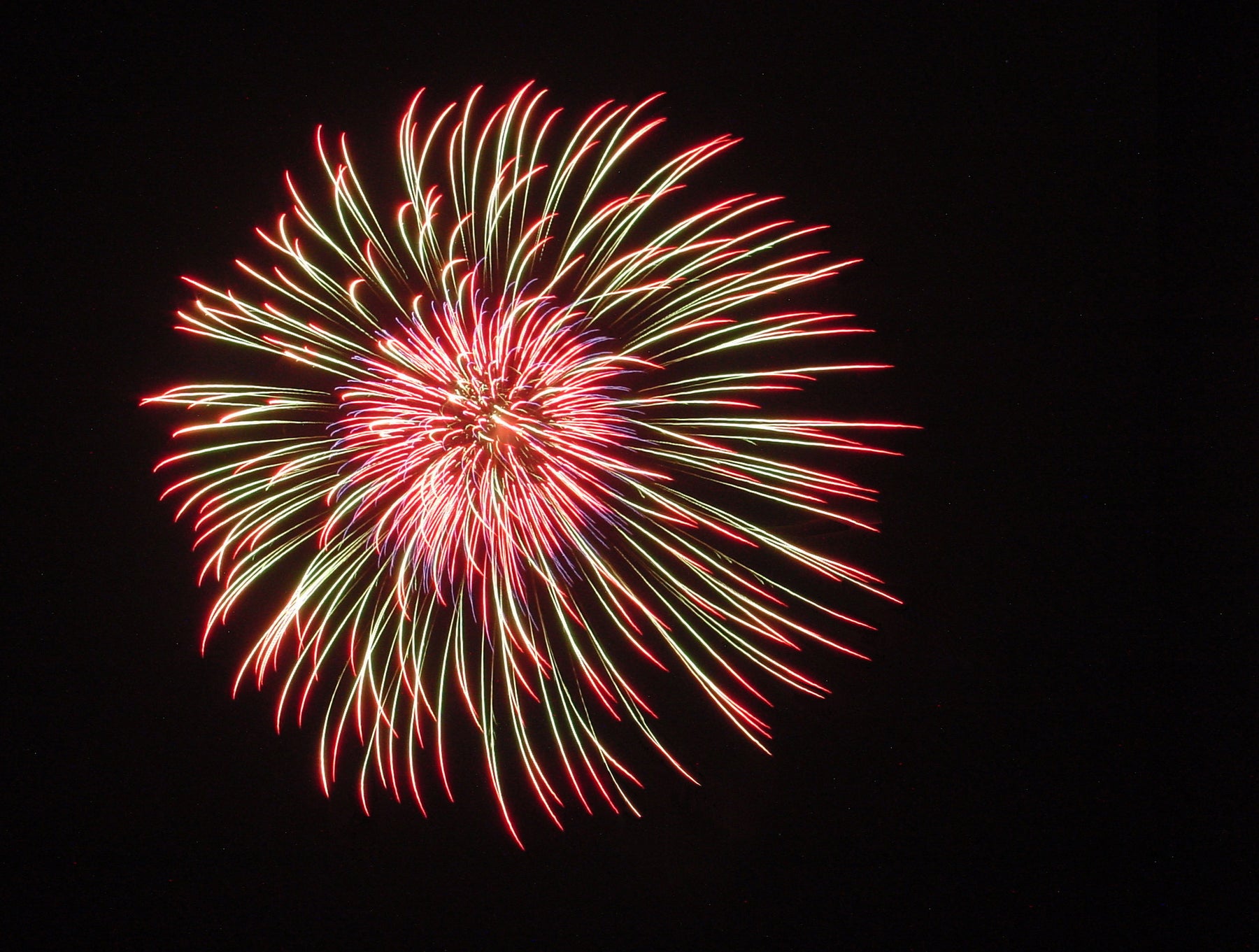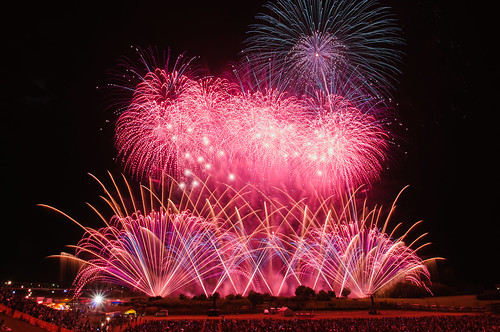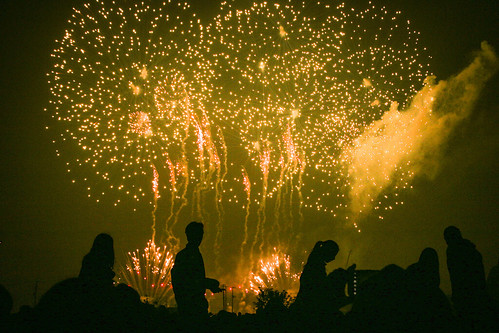
ILLUMINATING JAPAN: THE CULTURAL SIGNIFICANCE OF FIREWORK USE
Japan is a country steeped in tradition and cultural significance, and one of the most captivating and visually stunning expressions of this culture is the use of fireworks. Fireworks, known as "hanabi" in Japanese, have a long history in Japan and are deeply ingrained in the country's cultural fabric. In this blog, we will explore the fascinating world of fireworks in Japan, their history, significance, and the role they play in various Japanese festivals and events.
Fireworks have a long and vibrant history in Japan, dating back to the 16th century. The Portuguese introduced gunpowder to Japan, which led to the development of fireworks. Initially used for religious rituals and entertainment for the aristocracy, fireworks quickly became popular among the common people.
By the Edo period (17th to 19th centuries), fireworks had become an integral part of Japanese culture. The city of Edo (now Tokyo) was a center for fireworks displays, with skilled artisans perfecting the craft of creating colorful and intricate firework designs.
Fireworks are not just a source of visual delight; they hold deep cultural significance in Japan. Here are some of the key aspects of their cultural importance:
1. Celebration of Seasons: In Japan, fireworks are closely associated with the changing seasons. Summer is the prime season for fireworks, and many festivals and events feature elaborate displays during this time. The bright and vibrant colours of fireworks are seen to celebrate the beauty of nature and the passing of the seasons.
2. Festivals and Matsuri: Fireworks are an integral part of Japanese summer festivals or "matsuri." These festivals are held throughout the country and often feature food stalls, games, traditional performances, and, of course, spectacular firework displays. The most famous of these festivals is the Sumida River Fireworks Festival in Tokyo, which draws millions of spectators each year.
3. Spiritual Significance: Fireworks have a spiritual aspect in Japan. They are believed to ward off evil spirits and bring good luck. You can often find fireworks displays at shrines and temples during religious ceremonies and celebrations.
4. Bonding and Togetherness: Fireworks also serve as a way for communities to come together. Families, friends, and neighbours gather to watch firework displays, strengthening social bonds and fostering a sense of unity and camaraderie.
Types of Fireworks in Japan - Japanese fireworks are renowned for their precision, artistry, and creativity. Some of the most popular types include:
1. Chrysanthemum - These fireworks burst into a circular pattern with densely packed stars, resembling a chrysanthemum flower. They are known for their symmetrical beauty.
2. Willow - Willow fireworks create a cascading effect, resembling the branches of a weeping willow tree. They are known for their graceful, flowing patterns.
3. Peony - Peony fireworks burst into large, round shapes and are characterized by their vibrant colors and intricate details.
4. Star Mines - Star mines produce a rapid succession of bright stars, creating a mesmerizing effect in the night sky.
Fireworks in Japan are more than just a dazzling display of pyrotechnics; they are a reflection of the country's rich cultural heritage and the importance of tradition in modern Japanese society. From their historical origins to their role in festivals, fireworks are an integral and captivating part of Japanese culture.
The next time you witness a dazzling hanabi display lighting up the summer night sky in Japan, remember that you are not just watching a spectacle; you are experiencing a profound cultural tradition that has endured for centuries.
